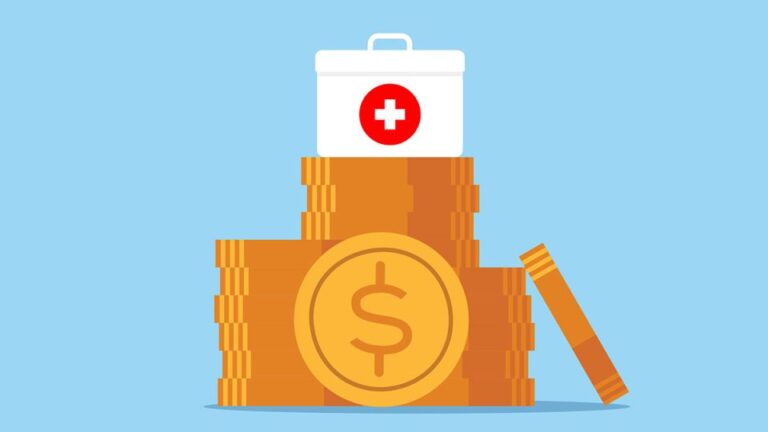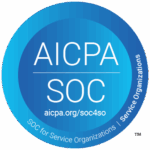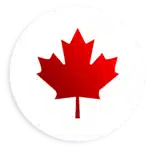- 2 Mins

Quick Definition
Health Spending Accounts (HSA) are an increasingly popular alternative or top-up to traditional healthcare and dental solutions. HSA gives employees flexibility and enables them to choose how to use their health benefits.
List of HSA Eligible Expenses
The Canada Revenue Agency (CRA) regulates all HCSA eligible expenses. They determine what is eligible and what isn’t. This list is only a snippet of that, with some of the most asked for expenses:
- Cancer treatments in or outside Canada, given by a medical practitioner or a public or licensed private hospital.
- Cochlear implants for the hearing impaired can be claimed without any certification of prescription.
- Dental Services, including orthodontic work paid to a medical practitioner or a dentist. Expenses for purely cosmetic procedures may not be eligible.
- A variety of diagnostic tests are available as an HCSA eligible expense. For example:
- electrocardiograms
- metabolism tests
- radiological services or procedures
- spinal fluid tests
- sugar content tests
- x-ray services.
- Drugs: prescription drugs and medications that can lawfully be obtained for use by the person only if prescribed by a medical practitioner and recorded by a pharmacist. You cannot claim over-the-counter medications, vitamins, or supplements, even if prescribed by a medical practitioner (except Vitamin B12).
- Laser Eye Surgery
- Vision care: coverage could include eyeglasses and contact lenses to correct eyesight.
Is a Health Care Spending Account (HSA) an add-on to a health insurance plan or a plan itself?
HSAs can be a top-up to an existing plan or a standalone benefits solution.
For example, on a traditional fully-insured plan, an HSA could act as a top-up to provide more choices to employees.
Our team at Wellbytes offers HSA as a benefits solution on its own and gives employees the power to choose how to spend their benefits dollars.






